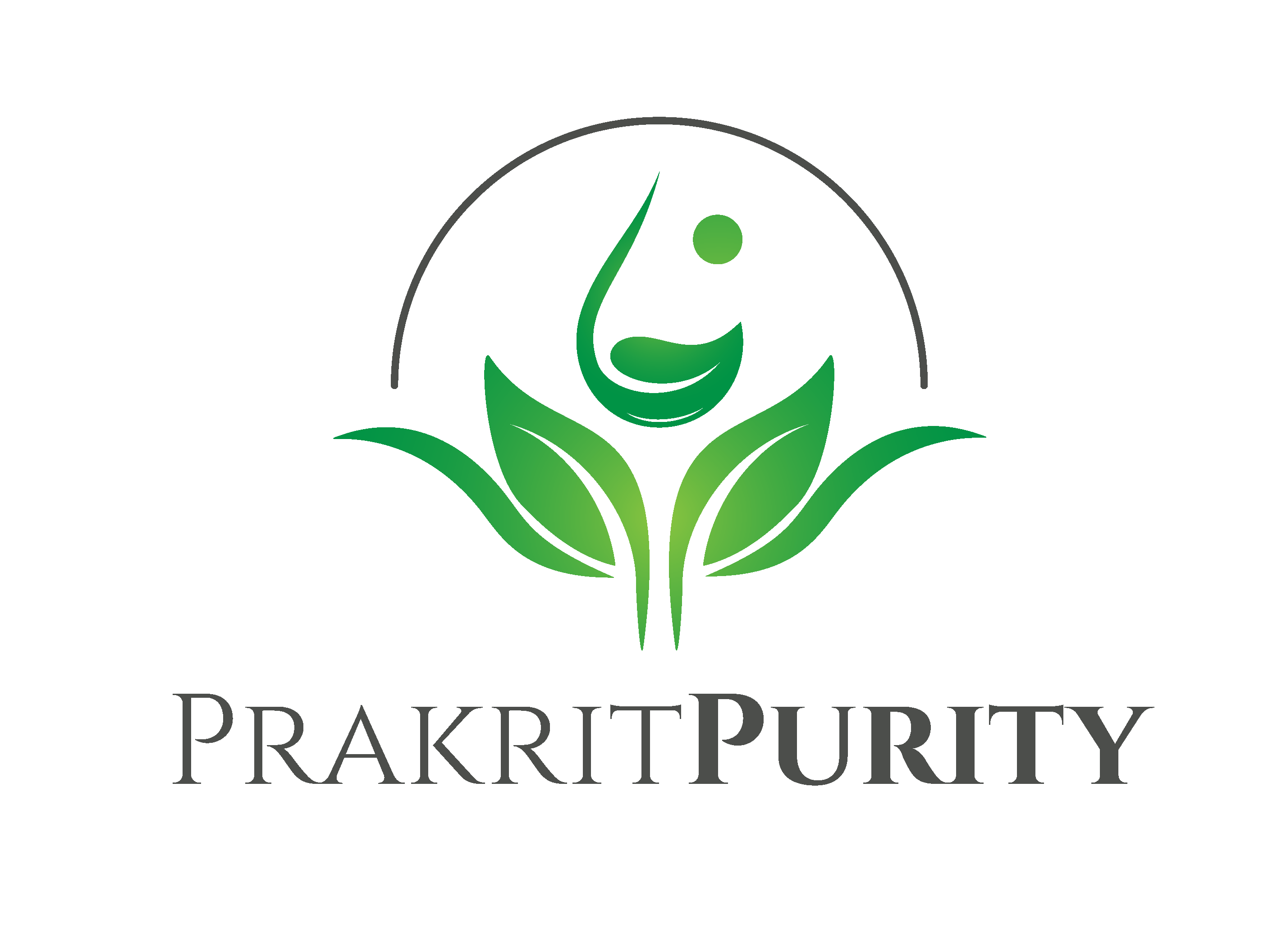
Sunscreen is one of the most critical aspects of skincare, and unfortunately there is a lot of confusion surrounding it. There are myths about sunscreen blocking vitamin D, or doubts like "does sunscreen actually work?" are littering the internet. Don't worry, we are here to clear up the confusion with common sunscreen myths and facts, so that you can protect your skin properly.
Myth 1: Sunscreen Is Only Needed in Summer
One of the most common sunscreen myths is that sunscreen is only needed on hot or sunny days. The truth is that UV rays reach the earth 365 days a year, even on cloudy or winter days. There are two types of UV rays - UVB and UVA. The sun can damage your skin 365 days a year, and dermatologists recommend daily use of broad spectrum sunscreen to protect the skin from both UVA and UVB damage.
Myth 2: Waterproof Sunscreen Means You Don’t Need to Reapply
It is true that there is such a thing as waterproof sunscreen, but that does not mean you can put it on once, and use it all day. The sunscreen used at this year's 2022 Tokyo Summer Olympics was demonstrated to be waterproof, but only for 40 to 80 minutes, and you would need to reapply thereafter. All types of sunscreen have to be reapplied, but you should especially reapply after swimming, exercising, or towel-drying yourself off.
Myth 3: High SPF Sun Cream Offers 100% Protection
People often think that an SPF of 100 (or anything very high) blocks all UV rays from accessing the skin. Although, high SPF sun cream does provide more protection, there is not a sunscreen out there that provides complete protection from rays. What dermatologists suggest, is to ensure you are using the correct SPF and applying it consistently.
Check out our PrakritPurity Natural Hydra Shield Sunscreen SPF30 PA+++ - light, broad spectrum, and filled with skin-loving botanicals.
Myth 4: Sunscreen Leaves White Cast on All Skin Types
It is true, that some sunscreens, particularly mineral based sunscreen leaves white cast on the skin. But there are sunscreens that don't. With the advancement in formulations, many sunscreen brands offer no residue formula that works well with all skin tones. At PrakritPurity we created a Natural sunscreen that aims to avoid the issue of leaving a white cast and still provide effective with great UV protection.
Myth 5: Sunscreen Blocks Vitamin D
A well known concern is that sunscreen blocks vitamin D absorption. Yes, sunscreen can reduce some UVB rays (the rays that help the body produce Vitamin D), but studies have shown sunscreen does not completely block vitamin D absorption. Just a couple of minutes of sun every day is adequate for vitamin D levels, while wearing sunscreen.
Sunscreen Is Not Necessary Indoors, Really ?
Here's a surprising one: UVA rays penetrate windows and glass, so your skin is still exposed indoors. Wearing broad spectrum sunscreen daily helps to prevent premature aging, pigmentation and risk of skin cancers over time.
Darker Skin Tones Don’t Need Sunscreen, Is It So ?
The other misconception is that melanin-rich skin doesn't need protection. While darker skin has some natural protection from melanin, it is still at risk for sun damage, and risk of skin cancers.
How Many SPF Sunscreen Should I Use?
One of the most common question is: how many SPF sunscreen should I use? Dermatologists will say, a daily users needs an SPF 30 or more. If you are going to be continuously sun exposed for longer than a typical sun exposure period or outdoor activity (hiking, water, etc), you can choose a high SPF sun cream like SPF 50. What is important to note is to apply your sunscreen correctly and consistently throughout the day, every two hours.
Does Sunscreen Actually Work?
Yes! For those wondering, “does sunscreen actually work?” Absolutely. There are hundreds of studies that show the use of sunscreen protects from sunburn, premature aging and obviously reduces the risk of skin cancer.
Explore the protective properties of PrakritPurity Sun Balance Sunscreen SPF 30 PA+++ - known for its long-lasting moisture and broad-spectrum UV defense.
Final Thoughts
In terms of the skincare regime you practice, having misconceptions about sunscreen myths may leave you with unprotected skin. Regardless of broad spectrum sunscreen or high SPF sun cream, product selection matters. Above all, the number one way to lower the risk of skin cancers, while keeping your skin healthy is to apply sunscreen daily.
At PrakritPurity we believe that pure and natural skincare is very much possible. We proudly offer sunscreens that are entirely built on botanical ingredients and avoid harsh chemicals designed for your skincare. By choosing PrakritPurity products you are choosing pure and safe.
FAQs :
1. Does sunscreen block vitamin D completely?
No, sunscreen only partially blocks vitamin D. Your body will continue to produce vitamin D with minimal sun exposure while using sunscreen.
2. How many SPF sunscreen should I use daily?
Experts recommend SPF 30 or Higher on a daily basis. The best sun cream for longer outdoor periods is a high SPF sun cream (SPF 50).
3. Does sunscreen actually work indoors?
Yes! Glass windows allow UVA rays through. This is why putting on broad spectrum sunscreen indoors is also a preventive measure.
4. What if sunscreen leaves white cast on my skin?
Not all formulas do. Today's sunscreens, such as PrakritPurity, implement technology that protects the skin without a thick or chalky appearance.
5. Can waterproof sunscreen last all day?
No, waterproof sunscreen is only water-resistant for 80 minutes while in water or sweating. Always reapply sunscreen after swimming or exercising.
Chaduvula Sai Ankith is an engineer with years of experience who followed his passion for creating nature-inspired, effective wellness solutions. He combines nature-powered ingredients with science-backed formulations to craft skincare and haircare that truly works. Every product reflects his focus on purity, innovation, and results you can trust. Sai believes natural self-care should be minimal, affordable, ethical, and empowering for everyone.




